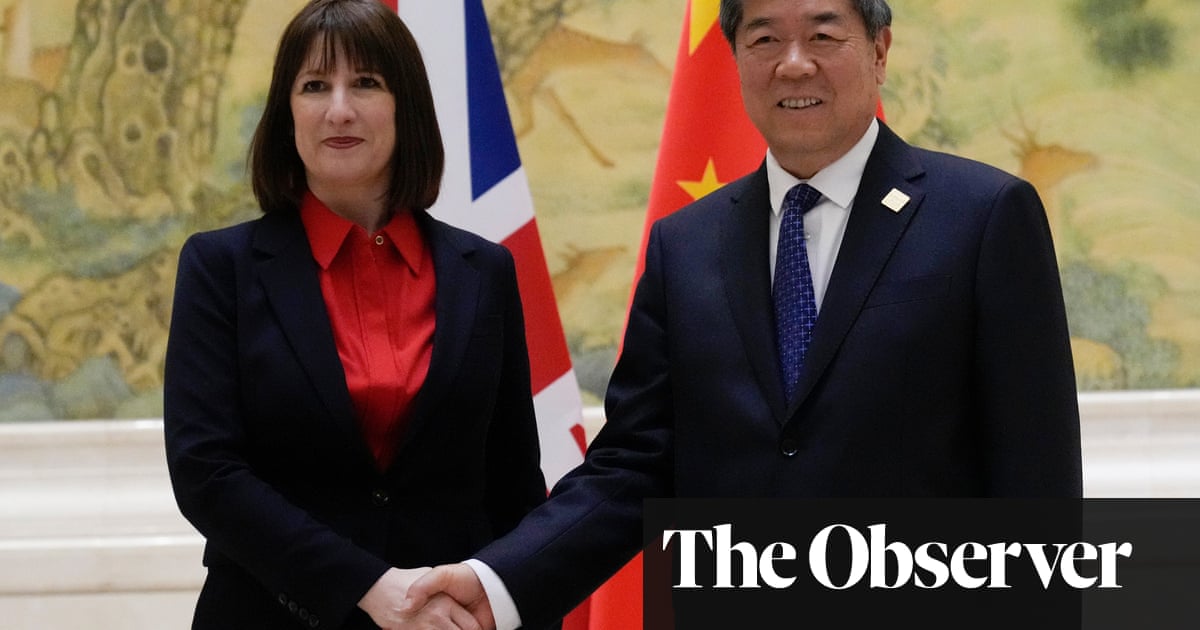A hospital executive has denied being “too slow” to act over concerns that Lucy Letby could be harming babies but admitted she failed to treat it as a safeguarding issue.
Alison Kelly, the executive lead for safeguarding children at the Countess of Chester hospital, was told by senior doctors in May 2016 that Letby was linked to an increase in baby deaths on the neonatal unit.
Kelly told the Thirlwall inquiry on Monday that “at that time it wasn’t clear to me that this was a safeguarding issue” but that in hindsight it was.
The former director of nursing began her evidence by issuing an apology to the families of Letby’s victims, saying she “didn’t get everything right”.
She said: “I would like to express my condolences to all the families. I am really sorry for all the distress that the families have experienced over the last few years and are currently experiencing as we sit here today.
“I didn’t get everything right at the time, however the decisions I made were done with the best intentions. I do really appreciate having the opportunity to being part of this inquiry and to share my reflections and recommendations going forward.”
Kelly is the first Countess of Chester hospital executive to give evidence to the inquiry about the events surrounding the murder of seven babies and attempted murder of seven others by Letby in the year to June 2016.
The inquiry heard that a senior doctor, Dr Stephen Brearey, told Kelly on 11 May 2016 that there had been a sudden spike in deaths on the neonatal unit and that consultant paediatricians were concerned that Letby could be responsible, either through deliberate harm or incompetence.
Kelly accepted that Brearey was raising the possibility that the nurse “may” be harming babies but claimed “there was never any clarity in him articulating his true concerns”.
Brearey told the inquiry last week that he gave Kelly details about Letby’s connection to the unexpected and unexplained deaths during this meeting, and about how these incidents had stopped when the nurse was taken off night shifts.
Asked by counsel to the inquiry, Nicholas de la Poer KC, whether she should have viewed the concerns as a safeguarding issue, Kelly said: “I have reflected a lot on my safeguarding role in all of this case and, reflecting back, maybe I should have done, yes.”
The inquiry was told that Cheshire police would have been alerted if the hospital had triggered safeguarding processes at this time. They were not informed until nearly a year later, in late April 2017.
Kelly told the inquiry she did not make a formal safeguarding referral until early 2018 – nine months after the police had launched an investigation – after a senior local official telephoned to ask why they had not been alerted.
“I do accept – and there is an email to evidence that – it was much, much later than it should have been,” she said, and denied that her safeguarding report was “misleading and highly defensive”.
Giving evidence at Liverpool town hall, Kelly admitted that she failed to read a crucial document linking Letby to the spike in baby deaths on 21 March 2016 and then failed to act on it for several weeks.
She denied she was “too slow” to act, but said: “I’ve reflected on this because it does feel as there’s a big delay. It could have been looked at in a more timely way.”
The former executive admitted giving a “misleading” and “potentially false” characterisation of the allegations surrounding Letby when she was interviewed as part of an internal grievance process in 2017.
Kelly told the grievance process that “no themes or trends” had been identified by external reviews into the deaths – a claim she admitted to the inquiry was “potentially false” – and that they had found “nothing significant” about the nurse. Asked whether that too was a misleading statement, she said: “It is misleading, yes.”
The inquiry continues.

.png) 1 month ago
13
1 month ago
13













































